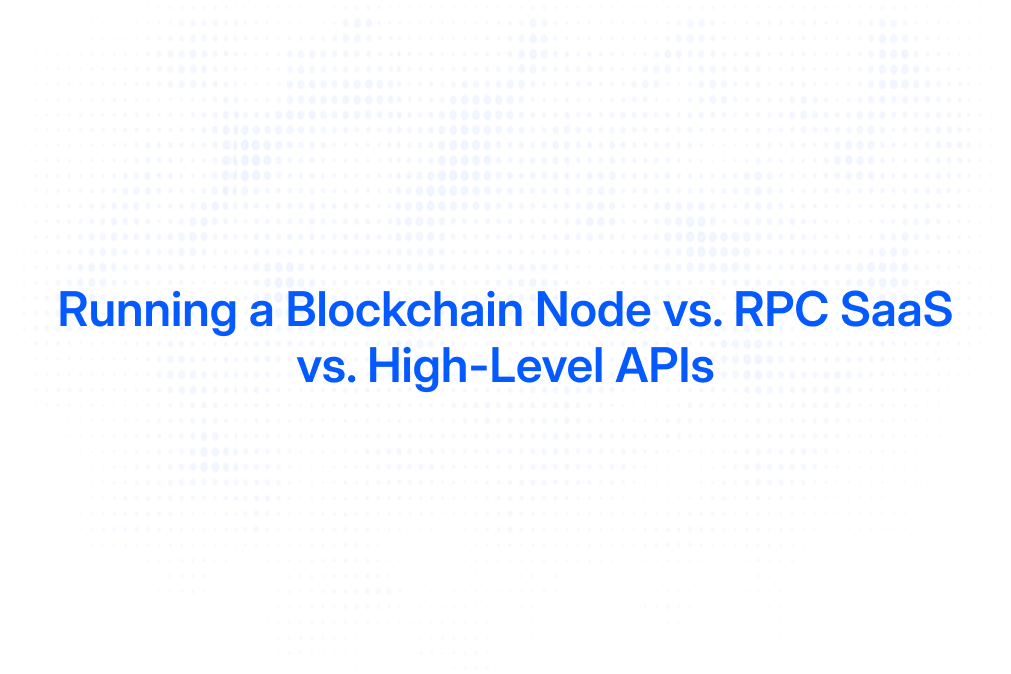Understanding Token Swaps: A Guide
Jason Li

In the decentralized financial ecosystem, token swaps are becoming increasingly critical. They are essential procedures within the broader blockchain or cryptocurrency framework that ensure seamless transitions between different coins or tokens. A token swap is a process of transferring one cryptocurrency token to another at a predetermined rate.
Typically, token swaps occur when a cryptocurrency project migrates from one blockchain network to another. For instance, a project launching an initial coin offering on the Ethereum network may decide to switch to its blockchain after the launch. This switch necessitates a token swap where the initial Ethereum-based tokens are exchanged for the new tokens from the project's new blockchain.
This practice is often carried out by cryptocurrency projects for several reasons. They may want to shift from an older blockchain architecture to a newer, more advanced one with improved functionality, security, and speed. Sometimes, tokens are swapped to fix bugs in an existing blockchain or to change the token's economics, such as reducing the total token supply to increase value.
To participate in a token swap, crypto holders will typically need to deposit their tokens into a supported exchange platform. The exchange then conducts the swap at a predetermined rate and the new tokens are credited to the investors' wallets. The old tokens are usually burned or destroyed to maintain the token supply balance.
However, token swaps are not conducted solely by projects changing their blockchain infrastructure. They also serve a crucial role in decentralized exchanges (DEXs). On platforms like Uniswap or SushiSwap, users can directly exchange or 'swap' one cryptocurrency token for another without the need for a central intermediary, like in traditional exchanges. This operation further expands the utility of token swaps from a blockchain upgrade process to an essential component in decentralized trading.
While token swaps may sound like a convenient concept, they are not without risks. It's crucial for investors participating in a token swap to know the official swap details from the project’s official channels to avoid falling for scams. Furthermore, during the swap process, the network may face congestion, potentially leading to delays.
Additionally, the swapped token's value might not always map exactly to the original token's value. There might be fluctuations due to market volatility. Therefore, it's crucial for investors to do their own analysis and understand the dynamics of token swaps before getting involved.
Token swaps are here to stay as they have proven to be an effective method for projects to upgrade their technology, streamline token economics or enable smooth trading between different tokens on decentralized exchanges. As the blockchain sphere expands and becomes more complex, the significance and potential of token swaps will assuredly increase. From crypto projects to individual investors and traders, understanding how token swaps function could unlock new opportunities in the evolving landscape of digital finance.
.svg)


.png)



